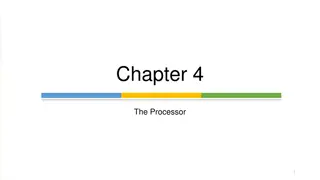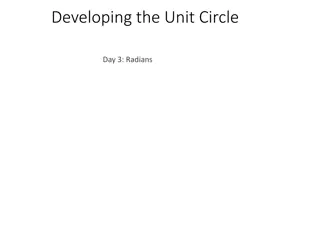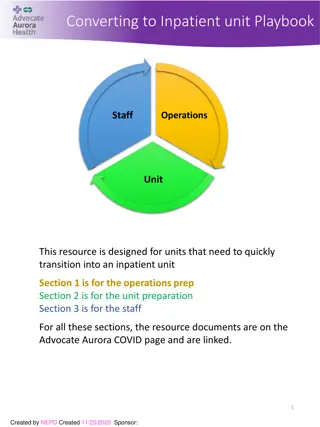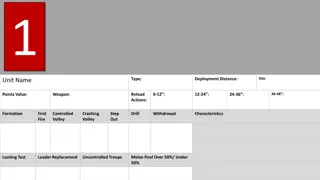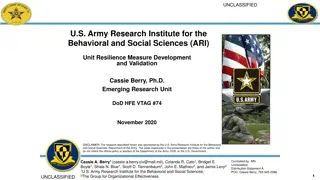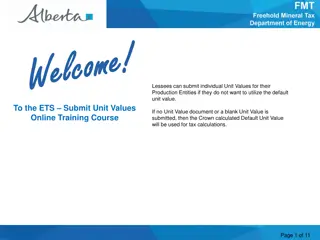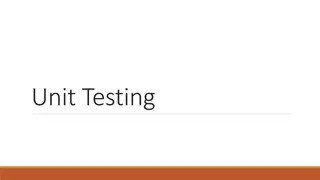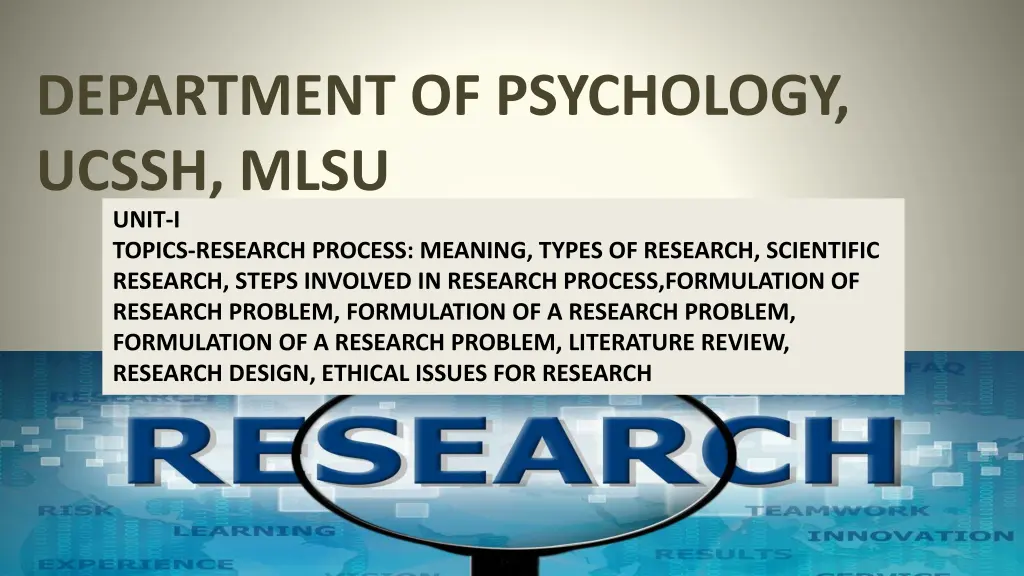
Understanding Research Process: Types, Steps, and Problem Formulation
Delve into the world of research process encompassing the meaning, types of research, steps involved, formulation of research problems, literature review, research design, and ethical considerations. Discover the purpose of research, its exploratory, descriptive, and explanatory aspects, along with the characteristics of a good research problem. Uncover the essence of research through systematic inquiry to describe, explain, predict, and control observed phenomena. Source: Research Methodology (Ranjit Kumar).
Download Presentation

Please find below an Image/Link to download the presentation.
The content on the website is provided AS IS for your information and personal use only. It may not be sold, licensed, or shared on other websites without obtaining consent from the author. If you encounter any issues during the download, it is possible that the publisher has removed the file from their server.
You are allowed to download the files provided on this website for personal or commercial use, subject to the condition that they are used lawfully. All files are the property of their respective owners.
The content on the website is provided AS IS for your information and personal use only. It may not be sold, licensed, or shared on other websites without obtaining consent from the author.
E N D
Presentation Transcript
DEPARTMENT OF PSYCHOLOGY, UCSSH, MLSU UNIT-I TOPICS-RESEARCH PROCESS: MEANING, TYPES OF RESEARCH, SCIENTIFIC RESEARCH, STEPS INVOLVED IN RESEARCH PROCESS,FORMULATION OF RESEARCH PROBLEM, FORMULATION OF A RESEARCH PROBLEM, FORMULATION OF A RESEARCH PROBLEM, LITERATURE REVIEW, RESEARCH DESIGN, ETHICAL ISSUES FOR RESEARCH
RESEARCH research is a systematic inquiry to describe, explain, predict, and control the observed phenomenon. It involves inductive and deductive methods.
What is the purpose of research? There are three main purposes: Exploratory: researchers conduct exploratory studies to explore a group of questions. It is undertaken to handle new problem areas that haven t been explored before. This exploratory process lays the foundation for more conclusive data collection and analysis. Descriptive: It focuses on expanding knowledge on current issues through a process of data collection. Descriptive studies describe the behavior of a sample population. Only one variable is required to conduct the study. The three primary purposes of descriptive studies are describing, explaining, and validating the findings.. Explanatory: Explanatory or causal research is conducted to understand the impact of specific changes in existing standard procedures.
Research Problem A research problem is a specific statement about any issue, difficulty, contradiction, or gap in knowledge that can be addressed in any research. Research Problems are aimed at contributing to change, solution of existing problem situation, theoretical problems aimed at expanding knowledge.
Characteristics of a good problem Is the study related to current situation? Does your field of study have enough scope to conduct the research? Will you be able to find a solution to the issue through the investigation? Will the research add value on a scientific or social level? Can the data needed to conduct the analysis be gathered easily? Is the research problem important for the upliftment of society? Are you skilled enough to conduct the study?
Literature Review Literature review is the process of scientifically reviewing the research work already done in the proposed research. It is a survey of scholarly articles from the sources like books, journals, theses etc. It includes the evaluation of the available research work.
Research ethics It indicates the standards of conduct for scientific researchers It provides guidelines for the responsibilities for the conduction of research with ethical code of conduct.
Ethical issues of research Five principles for research ethics by APA Discuss intellectual property frankly. Be conscious of multiple roles. APA's Ethics Code Follow informed-consent rules. Respect confidentiality and privacy. Tap into ethics resources


